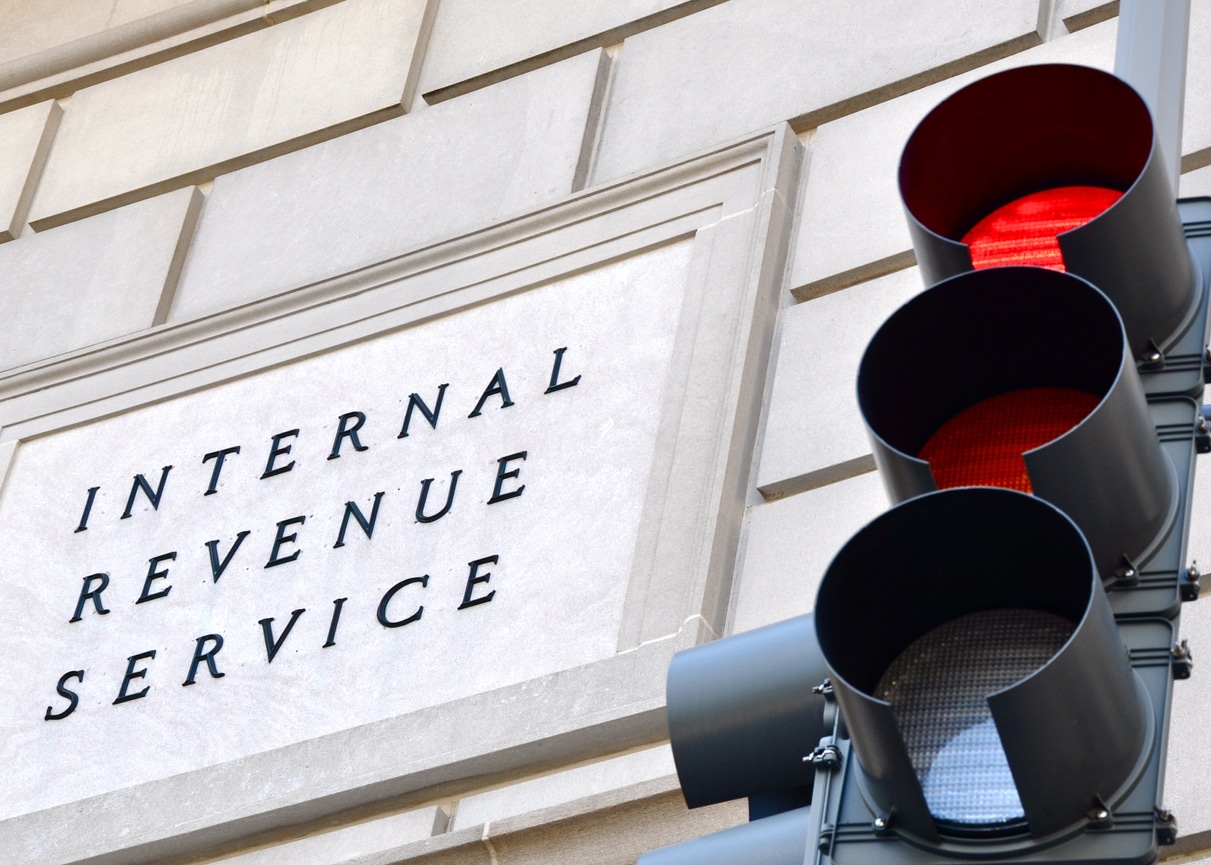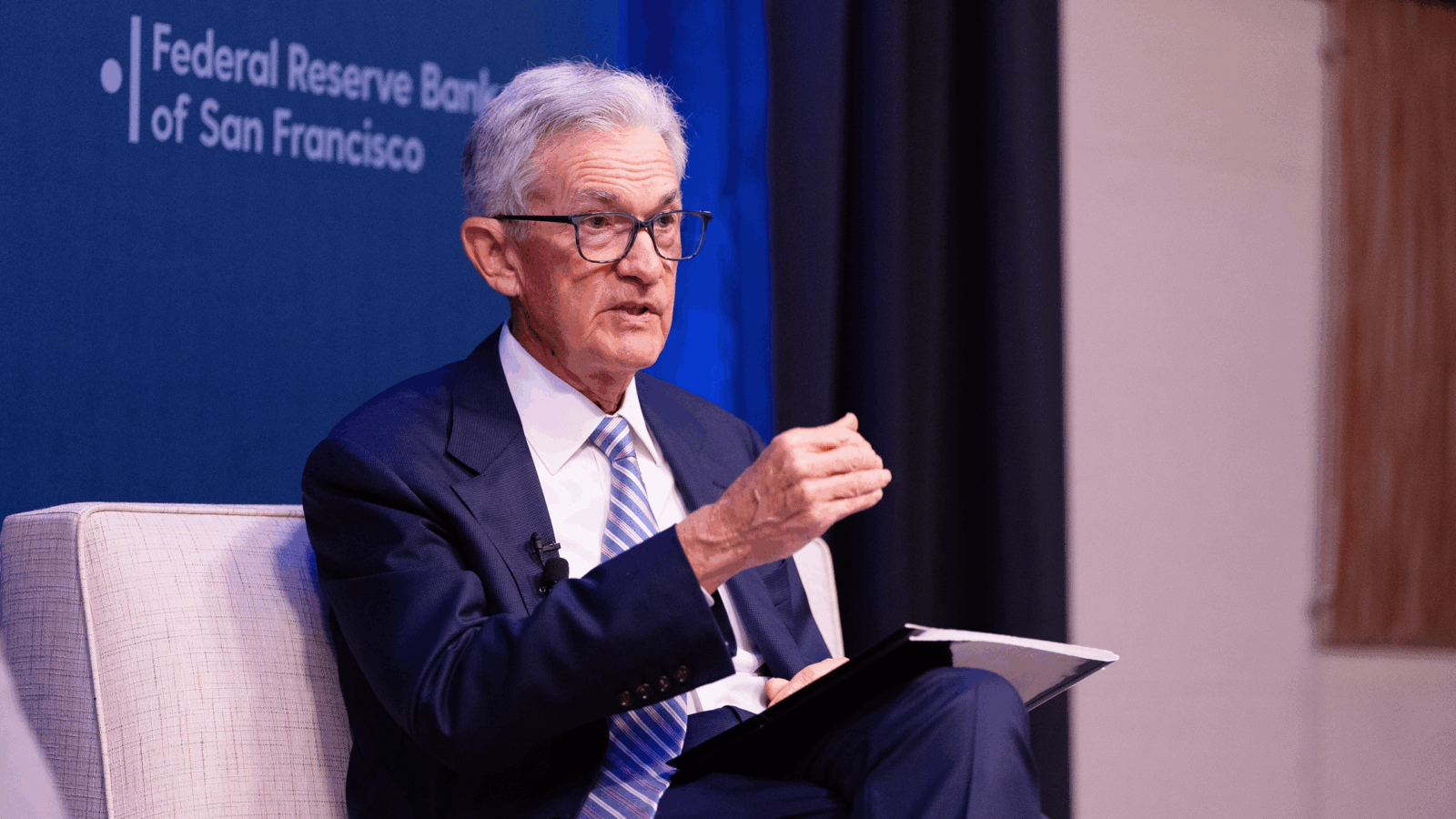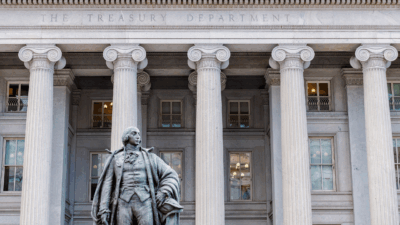
Sign up for smart news, insights, and analysis on the biggest financial stories of the day.
What happens when you tax sky-high executive compensation? Companies prove willing to hand over hundreds of millions in cash to pay for it.
That’s a key takeaway from new analysis by The Wall Street Journal, which shows how tax overhauls have led to huge annual tax expenses to cover senior executive pay packages.
Beyond Heat
In 2017, Congress eliminated a tax deduction for annual pay over $1 million to top executives at publicly traded companies. Until then, firms were generally allowed to deduct pay of some officers over $1 million if their earnings were tied to performance, but now that particular gravy train has come to a halt.
Since the change, a company can deduct the first $1 million over $1 million (e.g. for a CEO who makes $2 million) but has to pay a 21% corporate rate on anything more. Congressional estimates projected the new tax rate would generate $9.2 billion over ten years for the government. So far, billions have poured in, and the tax hasn’t put even the slightest dent in seismic pay packages:
- According to the WSJ’s analysis, some three dozen S&P 500 companies paid $2.1 billion in combined taxes on non-deductible compensation in the last three years — the annual total rose to $850 million in 2021 from $480 million in 2019. Tesla stood out, with $447 million in taxes paid on executive pay in those three years, while costs related to paying senior officers accounted for a full 20% of defense contractor Howmet Aerospace’s tax bill.
- The rising tax cost hasn’t slowed CEOs from negotiating for higher compensation, or given companies much cause to deny them. The median pay for S&P 500 CEOs was a record $14.7 million last year.
“This loss of a tax deduction is considered to be a drop in the bucket, so nobody’s paying attention to it,” Robin Ferracone, CEO of consulting firm Farient Advisors, told the WSJ. “What’s going on in the talent market to retain and keep talent, and that includes executives, way overwhelms whether they’re particularly expensive.” If only we could all be $14.7 million expensive.











